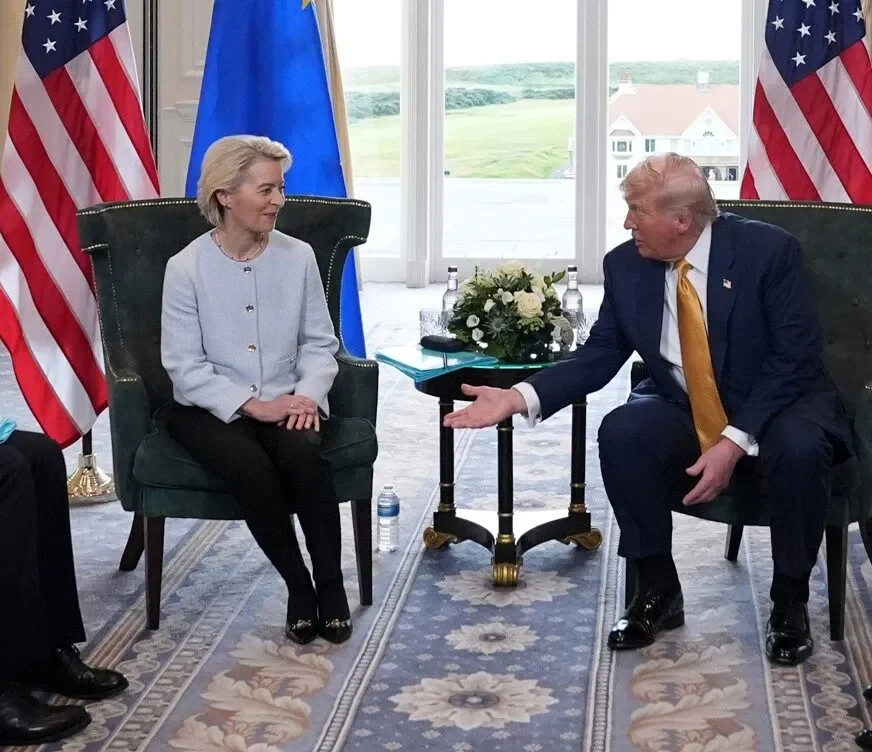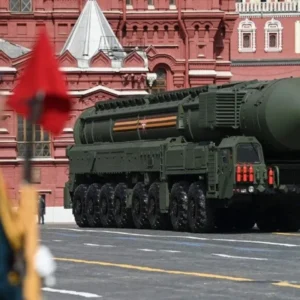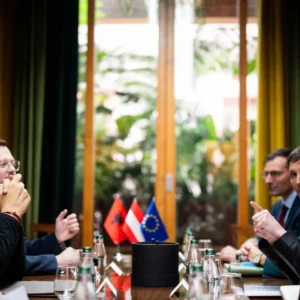In a guest article in the FAZ, EU Commission President Ursula von der Leyen defends the latest trade agreement with Donald Trump as a “strong, if not perfect, deal.” But how strong is it really?
The 15 percent tariff limit – advantage or disadvantage?
Von der Leyen particularly emphasizes that a “clear line at 15 percent” has been agreed as the tariff ceiling for most EU products. However, this tariff rate represents a significant additional burden for European companies and consumers compared to the previous level. While the Commission President argues that this flat rate is advantageous for the EU, it should be noted that a 15 percent tariff is a significant obstacle in international trade. Even though other US trading partners have had to accept higher surcharges in some cases, the current regulation poses a challenge for many industries.
Retaliatory tariffs and the EU’s perspective
Von der Leyen emphasizes that retaliatory tariffs would harm European workers, consumers, and industry. In her view, it was therefore more effective to refrain from escalation and maintain a minimum level of stability. However, one thing is certain: European players are now faced with an increased US tariff regime. Whether refraining from countermeasures is the better strategy in the long term remains open and should continue to be discussed in a differentiated manner.
Diversification of trade relations
In her guest article, von der Leyen repeatedly refers to Europe’s efforts to broaden its trade relations – for example, with agreements with Mexico, Mercosur, and the United Kingdom. This diversification strategy is presented as an important building block for reducing dependencies. However, these initiatives can hardly fully compensate for the economic importance of and dependence on the US market in the short term.
Focus on the internal market
The Commission President points out that completing the European single market is a key objective. She quotes Mario Draghi, noting that internal barriers to EU growth are just as problematic as external trade barriers. While this approach may strengthen competitiveness in the long term, it does little to change the immediate impact of the new US tariff regime.
Stability vs. loss of opportunity
Von der Leyen’s main argument for the deal is to ensure stability and predictability in a tense geopolitical situation. However, the question remains as to what price this stability has been bought at. Critics see the danger that by agreeing to higher tariffs and refraining from taking countermeasures of its own, Europe could lose economic influence and encourage the US to make further demands
Source: Guest article by Ursula von der Leyen, Frankfurter Allgemeine Zeitung, August 24, 2025
Source: Guest article in the Frankfurter Allgemeine
Credits: APA















Recent Comments